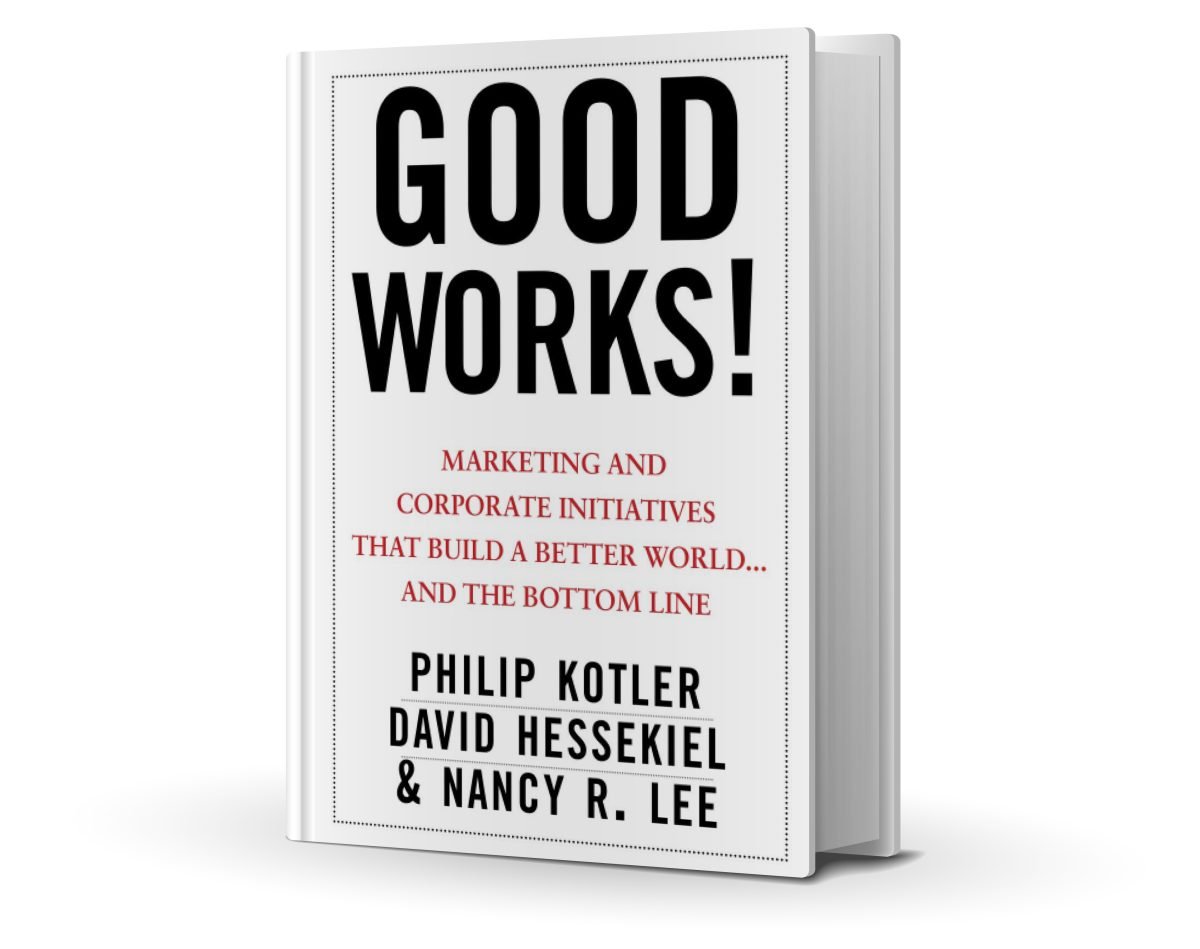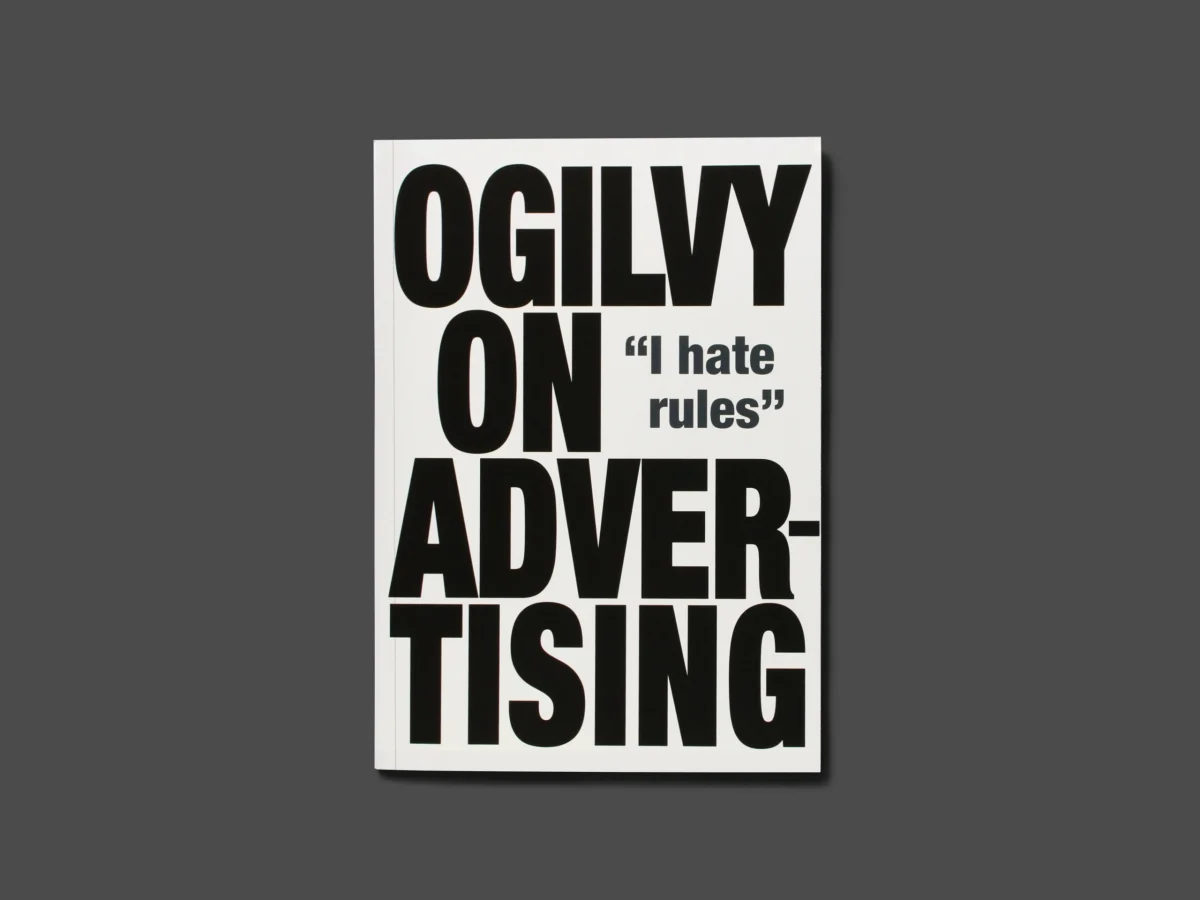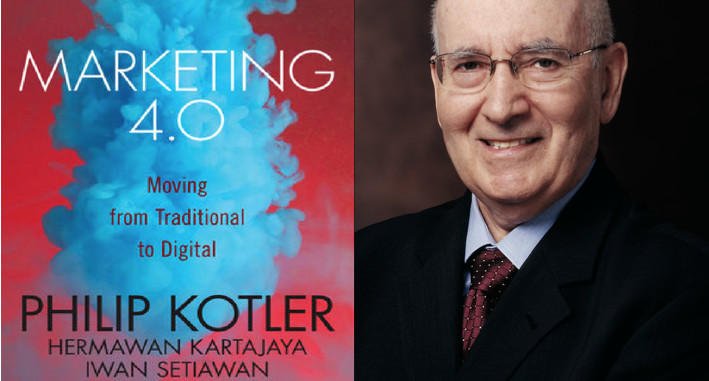It’s a widely held belief that truly talented individuals don’t resort to manipulation because their competence makes deceit unnecessary. This view posits that genuine ability and ethical conduct are inherently intertwined. But does reality always align with this ideal? While talent certainly plays a critical role in success, this article explores the relationship between talent, integrity, and manipulation, drawing on insights from renowned thinkers and leaders.
The Argument for Talent Over Manipulation
History and psychology suggest that true expertise fosters self-assurance, thereby reducing the temptation to engage in underhanded tactics. Below are a few key points that illustrate why skill and integrity are often inseparable.
Competence Breeds Confidence
Skilled individuals tend to rely on their abilities and natural competence, rather than resorting to manipulation. When you have the tools to succeed, there’s less need to deceive others. Warren Buffett captures this idea perfectly with his famous quote:
“It takes 20 years to build a reputation and five minutes to ruin it.”
Talented individuals understand that their reputation is integral to long-term success. Trust is difficult to build, and once lost, it’s hard to regain. This is why those who truly excel tend to build their success on competence rather than trickery. Their confidence stems from years of honing their skills, making them less likely to jeopardize their achievements through unethical behavior.
Sustainable Success vs. Short-Term Gains
Manipulation might deliver quick, fleeting rewards, but real success comes from creating lasting value through genuine expertise. Albert Einstein, often revered as one of the greatest minds of all time, emphasized this principle when he said:
“Try not to become a man of success, but rather try to become a man of value.”
True value lies in contributing something meaningful—whether through innovation, leadership, or hard work—not in deceiving others for a momentary advantage. Unlike manipulation, which tends to unravel when the truth emerges, sustainable success is built on a foundation of consistent, ethical effort and true talent.
Reputation and Influence
The power of integrity cannot be overstated. Society rewards honesty, and leaders who embody ethical principles often wield influence that far outlasts the effects of manipulation. Mahatma Gandhi, a paragon of integrity, beautifully expressed this idea when he said:
“The best way to find yourself is to lose yourself in the service of others.”
True influence is rooted in the credibility one gains from ethical behavior and service to others. Manipulative tactics may offer temporary victories, but they rarely result in the deep, lasting respect and influence that comes from a reputation of honesty and service. Leaders who foster trust and inspire loyalty are the ones who are remembered—not those who win by underhanded means.
When Talent and Manipulation Intersect
While the ideal suggests that talent and manipulation do not mix, there are exceptions. In high-pressure environments, even highly skilled individuals may resort to unethical tactics in an attempt to maintain a competitive edge. The desire to stay ahead or outshine competitors can sometimes lead individuals to compromise their values.
Furthermore, some individuals are able to combine brilliance with manipulation, creating a persona that is both charming and calculating. This “Dark Triad” of personality traits—narcissism, Machiavellianism, and psychopathy—can allow people to excel using their intelligence and social acumen for personal gain.
However, as Aristotle wisely stated:
“We are what we repeatedly do. Excellence, then, is not an act but a habit.”
A person who repeatedly resorts to manipulation will find that their long-term potential erodes. Genuine excellence, cultivated over time, requires a commitment to doing things the right way—not through deceit. Manipulation may provide immediate results, but it undermines the very foundation of true success, which is built on authenticity and ethical conduct.
The Consequences of Manipulation
While manipulative strategies may offer temporary gains, they carry significant risks. Over time, those who rely on deceit face inevitable consequences:
Erosion of Trust
Once manipulation is exposed, it can permanently damage a person’s reputation. Trust, which is essential in both personal and professional relationships, is incredibly fragile. A single instance of manipulation can cause irreparable harm, even if the individual has genuine talent. As Warren Buffett’s earlier quote emphasizes, reputations take years to build but can be destroyed in an instant.
Unstable Foundations
Success built on deceit is often unstable and fragile. Manipulative tactics can only work for so long before they are exposed. When people realize they’ve been misled, the consequences are often disastrous, both for the individual and those who placed their trust in them. On the other hand, success earned through true talent, perseverance, and ethical behavior is built on solid foundations that can withstand scrutiny and the test of time.
Diminished Leadership
True leadership requires authenticity and transparency. Sheryl Sandberg, the former COO of Facebook, has frequently emphasized this point:
“Leadership is about making others better as a result of your presence and making sure that impact lasts in your absence.”
Authentic leaders inspire others by demonstrating integrity and consistency. They don’t rely on manipulation to achieve their goals, but rather on their ability to uplift and empower those around them. Manipulators may be able to force their way to the top, but their leadership will always be tainted by the lack of trust they foster.
While talent does not automatically guarantee virtue, the most impactful individuals recognize that integrity amplifies ability. Manipulation may offer fleeting advantages, but sustained excellence arises from a combination of skill, discipline, and ethical behavior. Leaders and innovators who choose integrity over deception create a lasting legacy that far exceeds the transient victories won by dishonest means.
As the Roman philosopher Seneca wisely stated:
“Luck is what happens when preparation meets opportunity.”
Preparation—rooted in genuine talent—will always outlast the hollow victories of deceit. Those who dedicate themselves to honing their skills with honesty and perseverance will inevitably rise to the top. True talent, when paired with integrity, is a powerful force that stands the test of time.








